The remarkable ability of New Orleans to produce trumpet (and cornet) players — which began with Buddy Bolden and reached its zenith with Louis Armstrong — shows no sign of abating. One of the latest entrants is Nicholas Payton. Here is part of Payton’s Wikipedia profile:
The son of bassist and sousaphonist Walter Payton, he took up the trumpet at the age of four and by the time he was nine he was playing in the Young Tuxedo Brass Band alongside his father. Upon leaving school, he enrolled first at the New Orleans Center for Creative Arts and then at the University of New Orleans, where he studied with Ellis Marsalis.
After touring with Marcus Roberts and Elvin Jones in the early 90s, Payton signed a recording contract with Verve; his first album, From This Moment, appeared in 1994. In 1996 he performed on the soundtrack of the movie Kansas City, and in 1997 received a Grammy Award (Best Instrumental Solo) for his playing on the album Doc Cheatham & Nicholas Payton.[6] After seven albums on Verve, Payton signed with Warner Bros. Records, releasing Sonic Trance, his first album on the new label, in 2003. Besides his recordings under his own name, Payton has also played and recorded with Wynton Marsalis, Dr. Michael White, Christian McBride, Joshua Redman, Roy Hargrove, Doc Cheatham and Joe Henderson. (Continue Reading…)
Louis Armstrong is my favorite musician — not only for how he played, but for who he was. And, perhaps more than anyone who ever lived, Armstrong is the American story, both the good and the bad. What made him great — triumphant — wasn’t that he revolutionized American music (though that isn’t bad). It was that he came through it all smiling and happily settled down in Corona, New York.
I always am interested in what other musicians say about Armstrong. It is particularly interesting in Payton’s case, because he is one of Armstrong’s artistic grandchildren. This is what he posted on his blog “On Louis Armstrong:”
We owe an incredible debt to Armstrong because he really is the fulcrum of American music. Certainly there were masters before him, but everything got funneled and distilled through him to what we have now – from Swing to Rock, from Funk to Hiphop. He changed the feel. It’s one thing to have your own feel, but it’s an entirely different thing to change the conception of what a quarter note feels like. I can’t think of anyone in recorded history who’s done that. And we’re still borrowing his quarter notes – the forward motion and the pulse of that, he changed feel forever.
I have three reactions to this. First, it is interesting that Payton mixes the emotional/subjective (“Old Testament”) with the professional’s comparison of the styles of Armstrong and Miles Davis. Secondly, Louis Armstrong and his smile certainly don’t pop into my mind when I read the Old Testament, which isn’t a lot of laughs. Finally, I don’t think Payton would mind that half of a post that is supposed to be about him ended up being a discussion of Louis Armstrong. (On a side note, Payton seems to enjoy blogging as much as playing the trumpet. He doesn’t lack strong opinions.)
Above is “Bag’s Groove” and below is “When It’s Sleepy Time Down South,” which was performed with The Barcelona Jazz Orchestra.

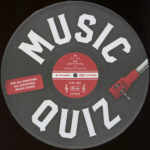
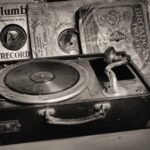


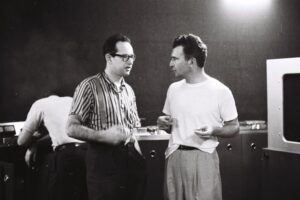
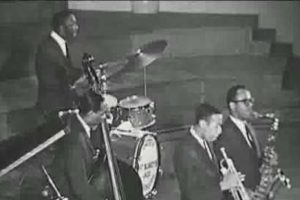
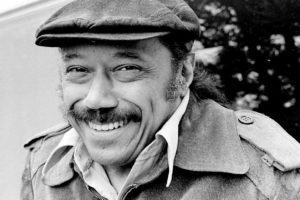



Recent Comments